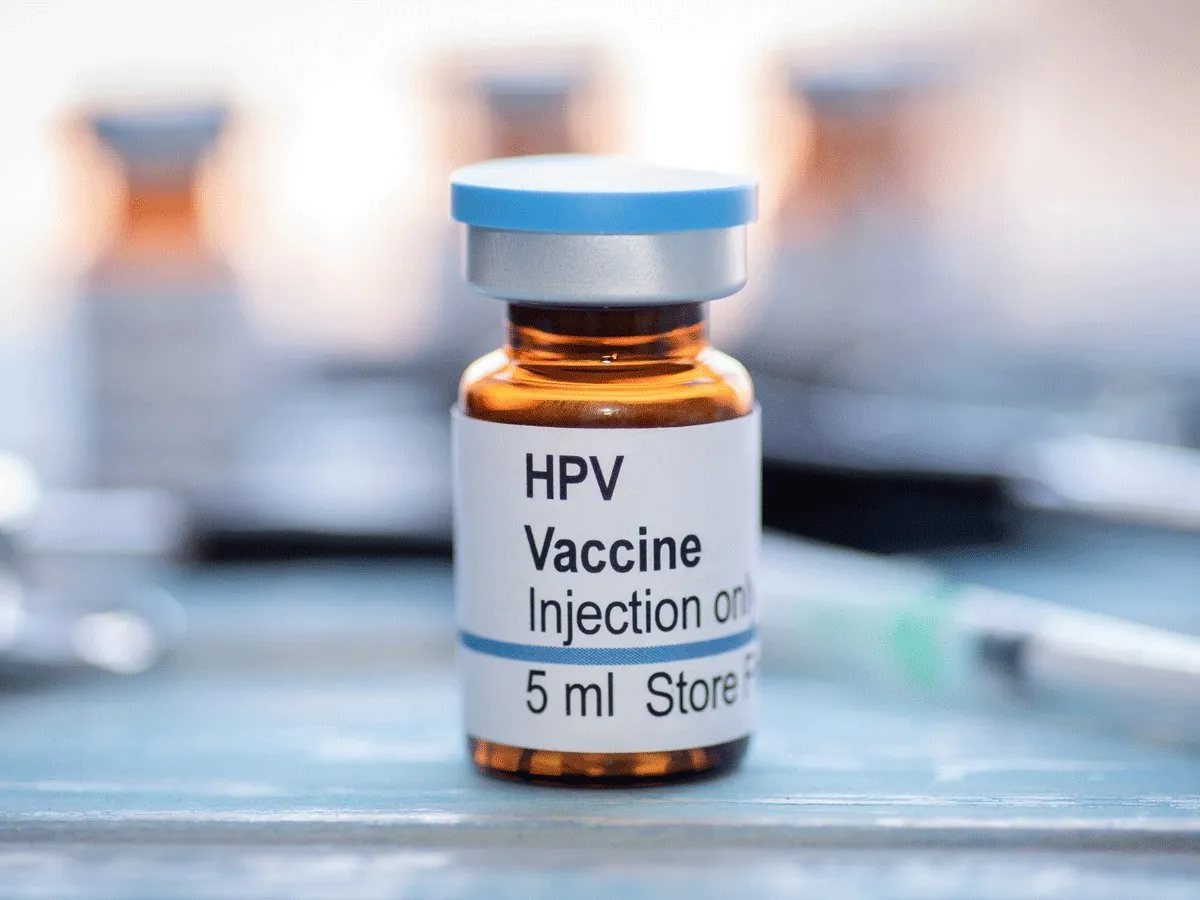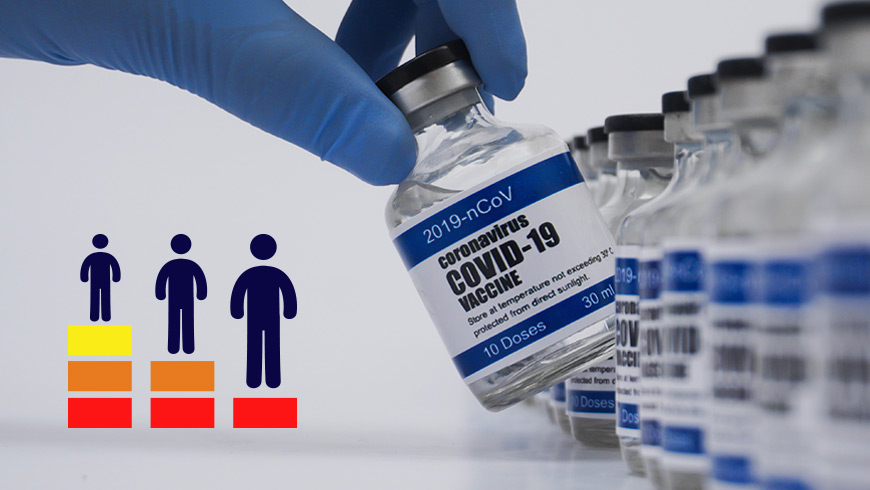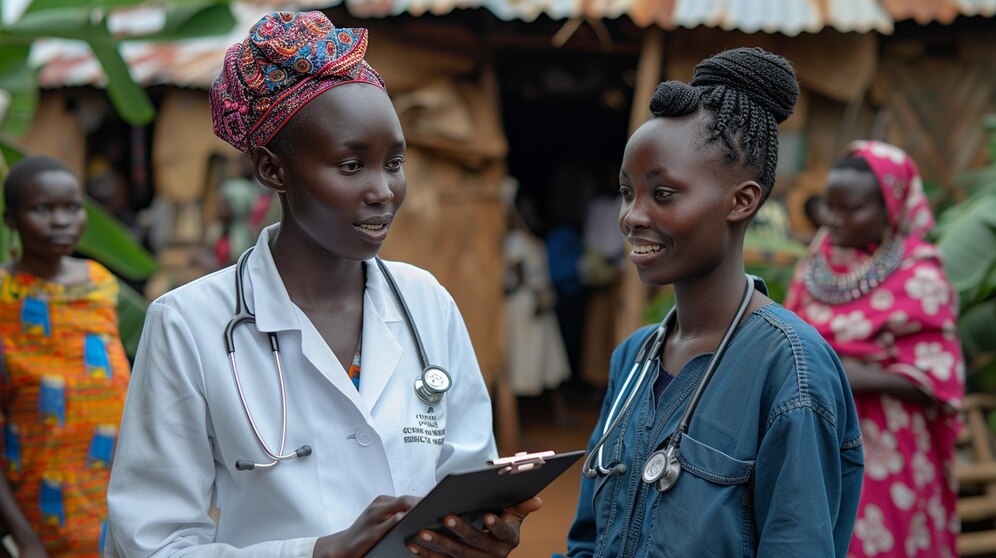The World Health Organization (WHO) has recently updated its guidelines for managing patients with influenza. These guidelines are crucial for healthcare providers, policymakers, and anyone involved in epidemic and pandemic preparedness.
Understanding Influenza
Influenza is a viral disease that affects millions globally each year. Seasonal influenza alone accounts for around a billion cases annually, with 3-5 million severe respiratory illnesses and up to 650,000 deaths. Additionally, animal influenza viruses, such as avian and swine flu, occasionally infect humans, posing potential pandemic threats.
Key Updates in the Guidelines
The updated guidelines provide comprehensive recommendations on the use of antiviral medications and other treatments like steroids for immune system regulation. These apply to patients with seasonal influenza, potential pandemic influenza viruses, and new influenza type A viruses known to cause severe illness.
Development of the Guidelines
A diverse Guideline Development Group, including content experts, clinicians, patients, ethicists, and methodologists, analyzed available data to produce these recommendations. They followed the Grading of Recommendations Assessment, Development and Evaluation (GRADE) approach to ensure trustworthy guideline development.
WHO’s Broader Response to Influenza
These guidelines are part of WHO’s broader response to influenza, which includes the Global Influenza Surveillance and Response System (GISRS) and the Pandemic Influenza Preparedness (PIP) framework. These initiatives aim to address gaps in access to effective medical therapies and other tools.
Key Recommendations
Antiviral Medications: The guidelines recommend the use of antiviral medications like oseltamivir and zanamivir for treating influenza. These medications can reduce the severity and duration of symptoms if administered early.
- Steroid Use: The guidelines provide specific recommendations on the use of steroids for immune system regulation in severe cases of influenza.
- Vaccination: Emphasis is placed on the importance of annual influenza vaccination, especially for high-risk groups such as the elderly, young children, pregnant women, and healthcare workers.
- Non-Pharmaceutical Interventions: The guidelines also highlight the importance of non-pharmaceutical interventions such as hand hygiene, respiratory etiquette, and social distancing to prevent the spread of influenza.
By staying informed and prepared, we can better manage and mitigate the impact of influenza on global health. The updated WHO guidelines provide a comprehensive framework for healthcare providers and policymakers to enhance their response to influenza outbreaks.












